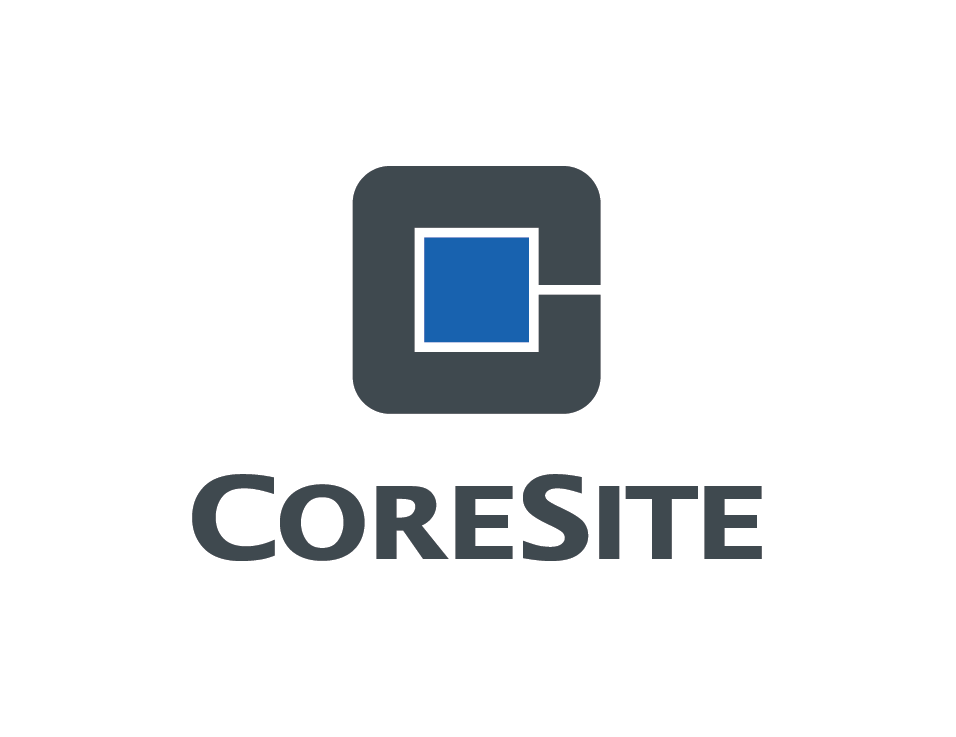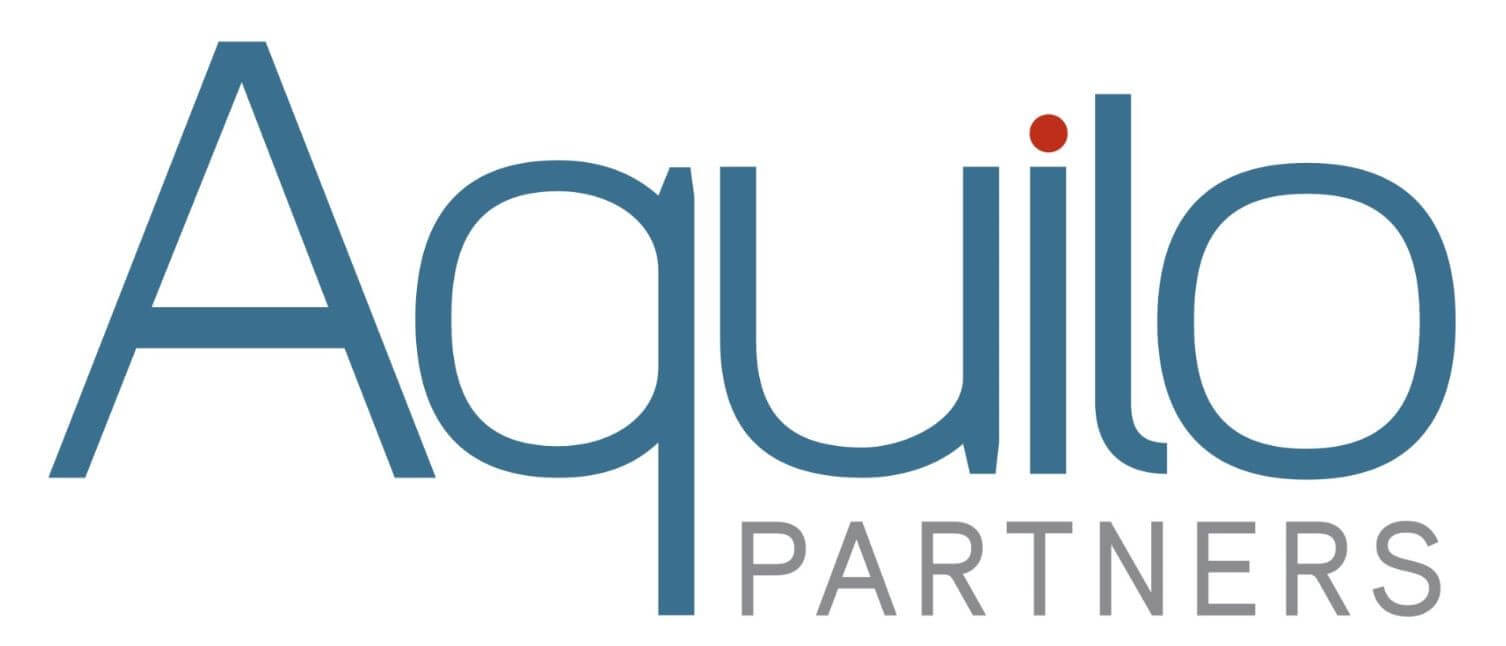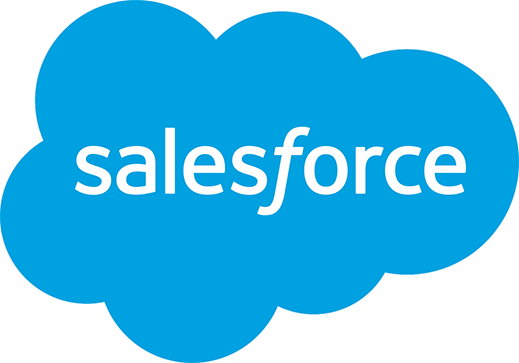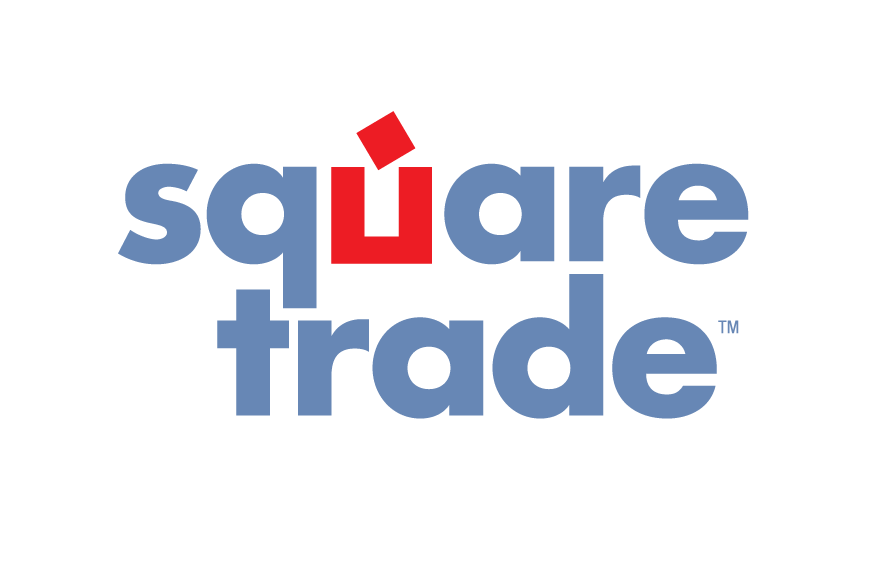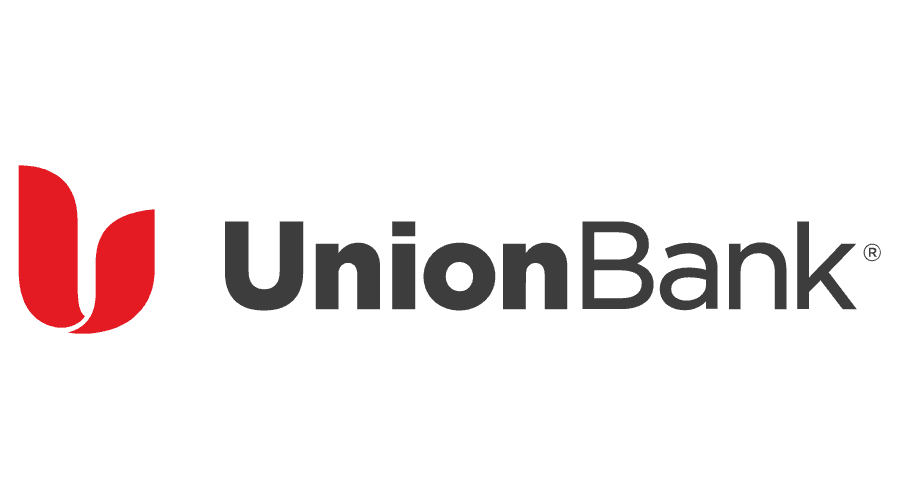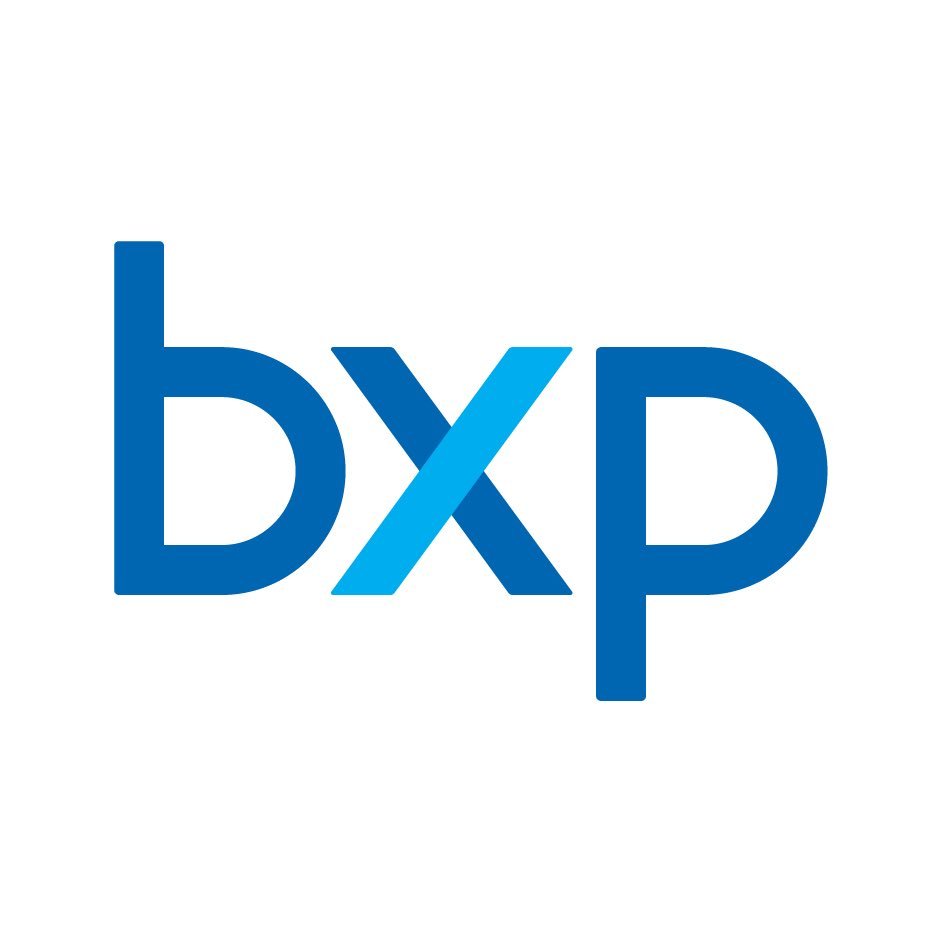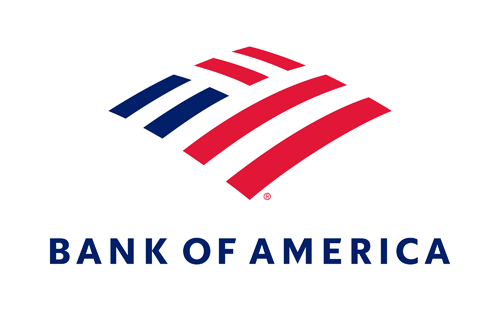Deficit Reduction – What are Your Priorities?
 On August 2, 2011, President Obama signed the Budget Control Act of 2011. This legislation allows the country to raise its borrowing limit and makes significant cuts to federal spending. The legislation sets a spending cap, which enacts a total of $1 trillion in spending cuts over the next ten years. These cuts would go into effect starting October 1, 2011, and the cuts are spread evenly among defense and non-defense programs. Social service programs that could be affected include: Shelter plus Care, Emergency Shelter Grants, Housing Opportunities for People with AIDS, Section 8, the Substance Abuse and Mental Health Services Administration, Americorps, WIC, the Commodity Supplemental Food Program, The Emergency Food Assistance Program, Ryan White HIV/AIDS programs, and Social Services Block Grant programs.
On August 2, 2011, President Obama signed the Budget Control Act of 2011. This legislation allows the country to raise its borrowing limit and makes significant cuts to federal spending. The legislation sets a spending cap, which enacts a total of $1 trillion in spending cuts over the next ten years. These cuts would go into effect starting October 1, 2011, and the cuts are spread evenly among defense and non-defense programs. Social service programs that could be affected include: Shelter plus Care, Emergency Shelter Grants, Housing Opportunities for People with AIDS, Section 8, the Substance Abuse and Mental Health Services Administration, Americorps, WIC, the Commodity Supplemental Food Program, The Emergency Food Assistance Program, Ryan White HIV/AIDS programs, and Social Services Block Grant programs.
So-called “entitlement” programs like Medicare, Medicaid, Social Security, Supplemental Security Income, Unemployment Insurance, Veterans Compensation, TANF (welfare), and SNAP (food stamps) are exempt from cuts under the spending cap, however, they’re fair game for cuts under the new twelve-member “Congressional Joint Select Committee on Deficit Reduction” (commonly referred to as the “supercommittee”). The supercommittee may also suggest tax reform measures as a deficit reduction strategy.
If the supercommittee doesn’t come up with a plan that achieves an additional $1.2 trillion in deficit solutions, or if the committee’s plan is rejected by Congress or the President, automatic trigger cuts of an additional $1.2 trillion to discretionary spending will go into effect in January 2013, with cuts spread evenly between defense and non-defense programs.
At the local and state levels, we’ve already seen drastic cuts to health and social service programs since the recession began. San Francisco has lost homeless shelter beds, drop-in centers, and substance abuse treatment and mental health programs. California has reduced SSI grants by $77/month, has eliminated dental care and Adult Day Health Care as Medi-Cal benefits, has instituted co-pays for Medi-Cal services, and has reduced CalWORKs grants for low-income families.
As House minority leader, our Congressional representative, Nancy Pelosi, will choose three members of the 12-member supercommittee. She has made a public statement that her supercommittee appointees will protect funding for entitlement programs like Medicaid and Social Security.
What principles do you believe should guide the “supercommittee” as they try to come up with a $1.2 trillion debt relief package? Should programs that help low-income Americans be held harmless? Should tax reform be part of the budget-balancing package? How would you be affected by potential cuts to any of the programs listed above? Please leave a comment to this post and let us know what you think. We will be contacting Representative Pelosi to share our views about the deficit reduction plan with her, and we will forward your comments on to her.
To send a message to your legislators, visit one of the following websites:
- NETWORK: A Catholic Social Justice Lobby
- Religious Action Center of Reform Judaism
- Coalition on Human Needs










